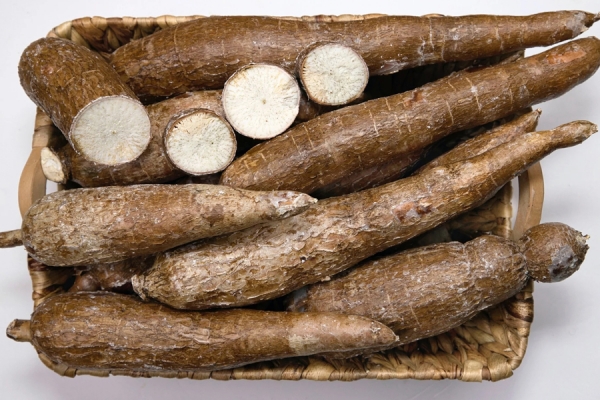What is cassava? Health benefits and how to prepare it
Cassava is a good source of nutrients, but people should avoid eating it raw.
Cassava is a root vegetable (tuber) with a nutty flavor. Native to South America, it is a major source of calories and carbohydrates for people in many countries. Nigeria, Thailand and Indonesia are the largest cassava producers in the world.
It is grown in tropical regions around the world due to its ability to withstand difficult growing conditions. In fact, it is one of the most drought-tolerant crops.
Although both sweet and bitter varieties of cassava are available, sweet cassava is more common and is called Yucca.
The most commonly consumed part of the cassava plant is the root. You can eat it whole, grated or ground into flour to use in making bread and biscuits.
Cassava root is also used to produce tapioca, a type of starch.
People with food allergies can benefit from using cassava root in cooking and baking, as it is gluten, grain and nut free.
